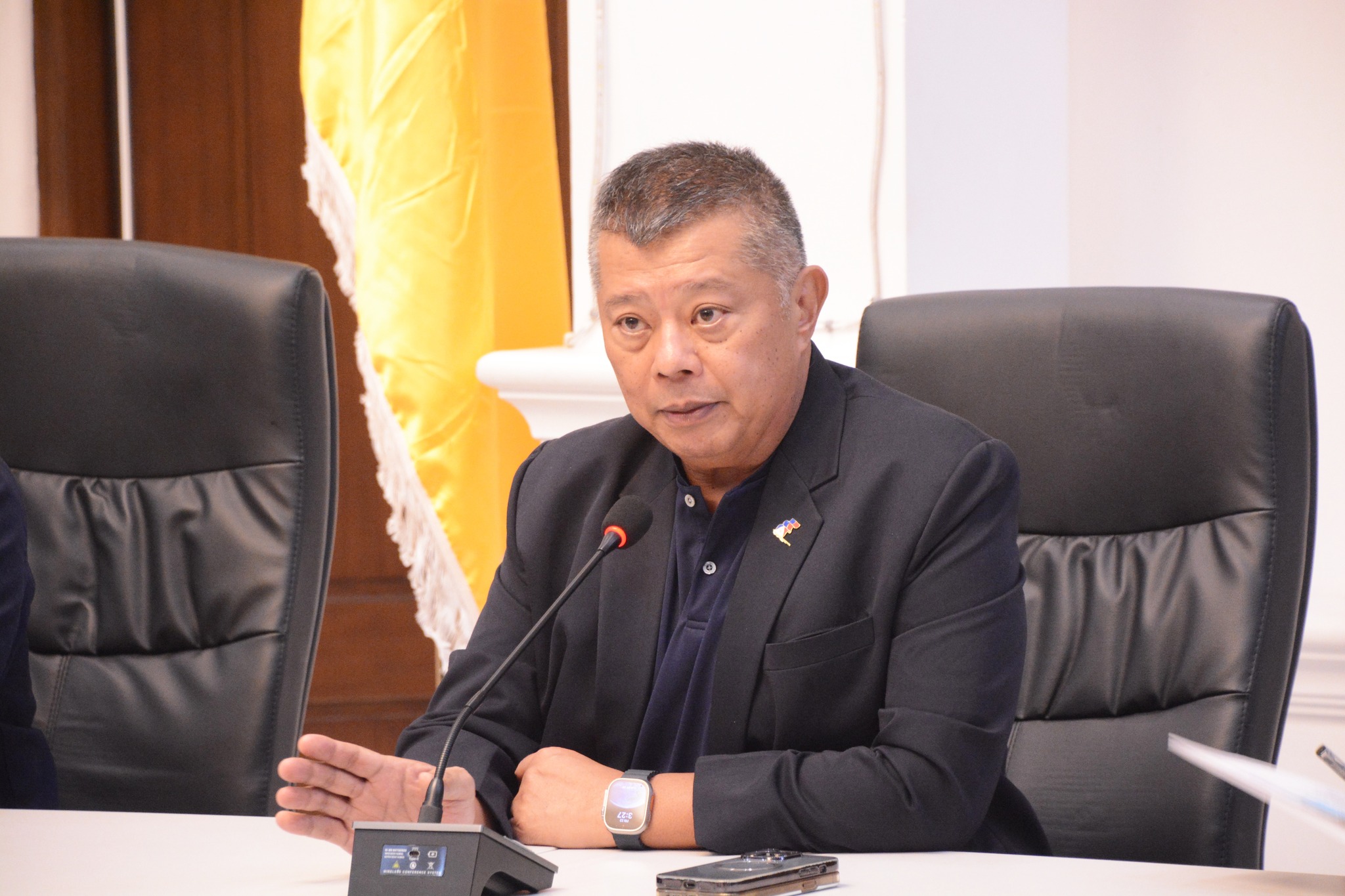DOJ creates task force to probe EJKs, file cases

Justice Secretary Jesus Crispin Remulla —Photo from DOJ Facebook page
MANILA, Philippines — The Department of Justice (DOJ) has formed a task force to investigate and build cases on the alleged extrajudicial killings (EJKs) that happened during the Duterte administration’s controversial war on drugs, following pressure from lawmakers.
Under Department Order No. 778 issued on Nov. 4, Justice Secretary Jesus Crispin Remulla established the task force under the Office of the Secretary of Justice Prosecution Staff.
The task force would be chaired by a senior assistant state prosecutor and co-chaired by a regional prosecutor, with nine additional members drawn from the National Prosecution Service.
READ: DOJ to review ‘cold cases’ of EJKs
“The task force is mandated to probe, conduct case buildup, and file necessary charges, if warranted, against the perpetrators as well as those involved in the EJKs during the previous administration’s anti-illegal drug campaign,” the DOJ said.
Senate, House tie-up
It was also tasked to closely coordinate with and assist the House quad committee and Senate blue ribbon committee in their respective investigations into the drug war.
If needed, the task force could call on a team from the National Bureau of Investigation to provide support.
According to the DOJ memorandum, the task force was required to submit a report to Remulla within two months from the issuance of the order.
“Spare no one; hold accountable every personality who had a hand in the senseless killings perpetrated by abusive persons in authority during the past administration’s anti-illegal drug campaign,” Remulla said.
While acknowledging that it would be a “very big task,” newly appointed Prosecutor General Richard Fadullon reassured the public that state prosecutors were ready to support law enforcement in the investigation.
He pointed out that EJKs were classified as either murder or homicide, which carry a 20-year prescriptive period.
“So there’s nothing [that] will prevent us from looking into cold cases—cases that were perhaps filed as complaints before law enforcement but never reached the prosecution office,” Fadullon said in a chance interview following his oath-taking on Wednesday.
With assistance from the Department of the Interior and Local Government, Fadullon said that prosecutors would review and assess cases to determine if they were dismissed prematurely due to lack of evidence or if cases were deserving of further investigation.
“We will start with the smaller cases, and if we succeed in gathering evidence in these, there’s a good chance we will persevere—we’ll be able to help build cases for filing,” Fadullon said.